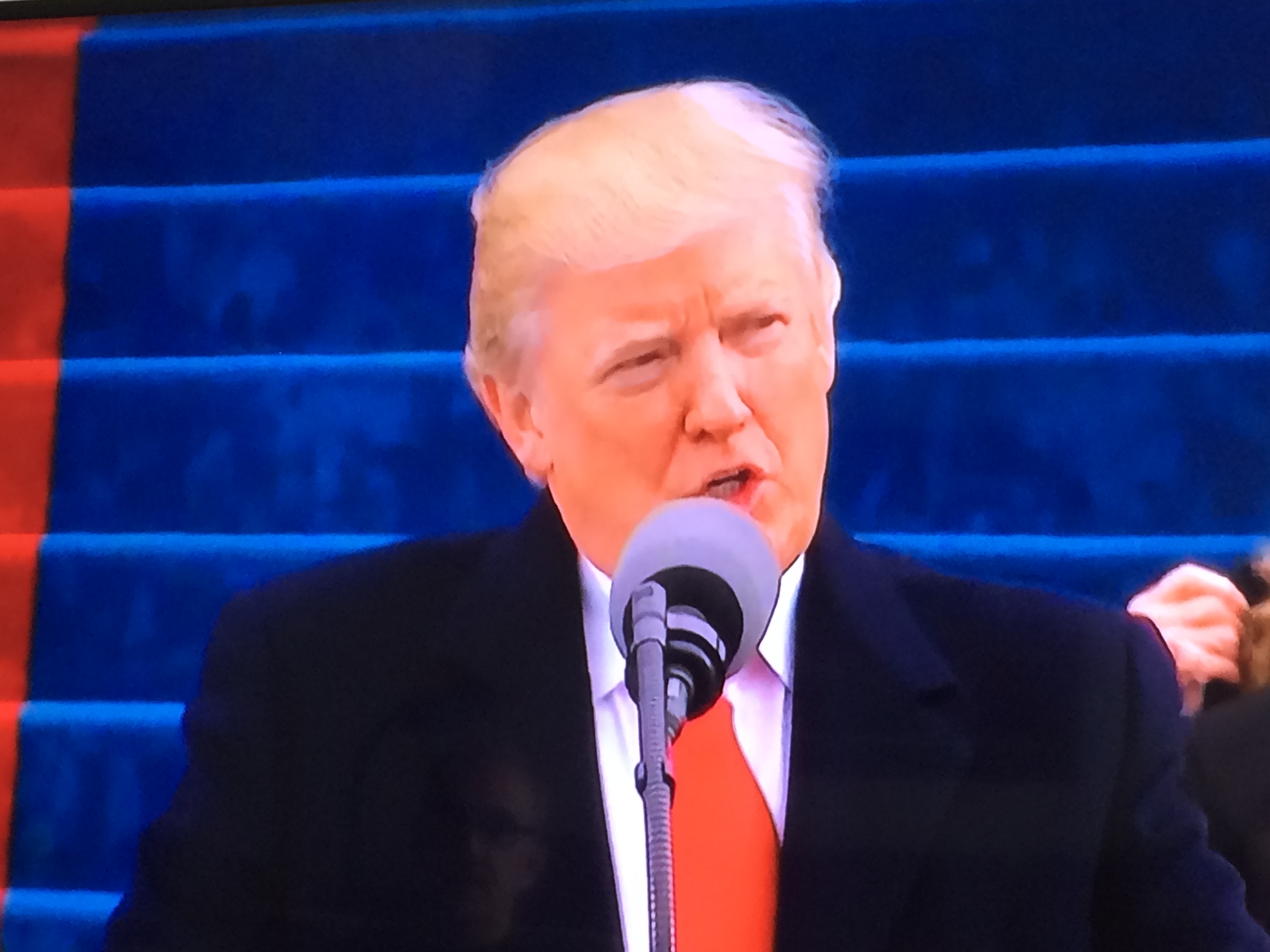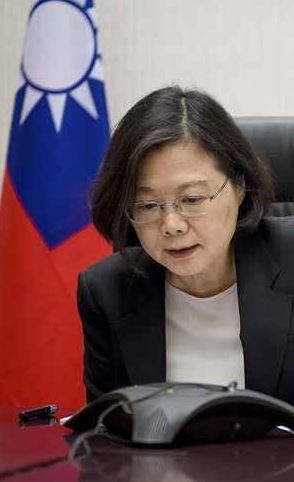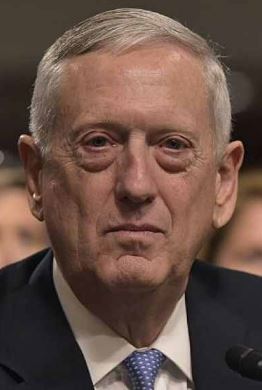
President Trump: Words and deeds
Last Friday [Jan. 20], Donald Trump became the 45th president of the United States. With few exceptions, the consensus among analysts is that, during his tenure, we shall see “terrible” things, as [Yale scholar] Immanuel Wallerstein, wrote, referring to Trump’s first year in office.
Panamanian specialist in U.S. affairs Marco Gandásegui says (and stresses it quite rightfully) that the New York magnate is a “totally unpredictable” character.
“From no U.S. president can we expect anything good. Not because they’re evil but because their condition as chiefs of empire imposes upon them certain decisions that, in the solitude of their desk, they’d probably not make.”
Jimmy Carter is an example of that: a good man, as Fidel [Castro] often recalled. And Raúl has frequently said that the blockade against Cuba and the invasion of the Bay of Pigs began when Obama wasn’t even born and was only one year old at the time of the Missile Crisis in October 1962.
Where am I going with this reflection? To point out that it wouldn’t be at all strange that, very soon, DT’s fire-breathing rhetoric stops having a concrete correlation with the more Protean plane of political, economic and military affairs.
Trump is what in the U.S. vernacular is called “a big mouth.” That’s why we need to see what he manages to accomplish with his incendiary threats once he stops vociferating from the plains and inserts himself into the gigantic and extremely complex administrative gears of the Empire.
There’s not the slightest doubt that this personage is a skillful demagogue who masterfully spouts a reactionary, racist, homophobic, bellicose, transgressive and “politically incorrect” speech by his own design.
But his irresistible rise is not only an effect of his skill as a publicist and the efficacy of his demagogic interpellation. It’s a symptom of two profound processes that are undermining the United States’ primacy in the international system: one, the rupture in the political-programmatic unity of the United States’ “imperial bourgeoisie,” divided for the first time in more than half a century regarding which should be the most appropriate strategy to safeguard U.S. primacy.
Two, the devastating effects of the neoliberal policies with their sequels of social exclusion, economic exploitation and political illiteracy induced by the dominant élites, which thrust large sectors of the population into the arms of a political outsider like Trump, who, in the Empire’s happier days, would have been swept off the public stage in the New Hampshire primaries.

Before entering the White House, Trump said and did terrible things, from accusing the Mexicans (and, by extension, all Latinos) of being serial rapists, drug traffickers and murderers to publicly declare (to the horror of Germans) that he was a “Germanophobe.”
Or provoking the Chinese dragon by phoning the president of Taiwan, which motivated an unusually sharp protest from Beijing; or telling the Europeans that NATO is an “obsolete” organization and that the Brexit pullout was a good decision.
But, as asserted by the most incisive analysts of U.S. political life, below the presidential figure — or, according how you look at it, above him — is what [Canadian diplomat] Peter Dale Scott called “the deep state,” the framework of federal agencies, Congressional committees, multimillionaire lobbies that for years and years have financed politicians, judges and journalists, the military-industrial-financial complex, the 16 agencies that constitute the “intelligence community,” establishment think tanks, and the various branches of the armed forces, all of which will have to put into practice — or “sell,” politically or diplomatically — Trump’s boasts.
But these actors, whom nobody elects and who render accounts to no one, have a long-term agenda that only in part coincides with the presidents’. It happened with Kennedy, later with Carter and Obama, and most likely will happen again now.

Two examples: Pentagon chief James “Mad Dog” Mattis can be true to his nickname but he’s no idiot and, for good reason, from the point of view of the security of the Empire, he doesn’t want anything to do with weakening NATO.
And it’s going to be difficult for Treasury Secretary-designate Stephen Mnuchin, a man born in the depths of Goldman Sachs, to preside a protectionist crusade and sponsor the “economic populism” against which he fought tirelessly for decades from Wall Street.
Does this mean that we shouldn’t worry about Trump’s verbal expletives? Not at all. More than ever, we will have to be alert to any abuses he attempts to commit in Our America.
No doubt, he will continue Obama’s agenda: destabilize Venezuela, promote a “regime change” (i.e. counterrevolution) in Cuba, finish off the governments of Bolivia and Ecuador and once again line up the countries in the region as Washington’s obedient satellites.
To achieve this objective, will Trump escalate this aggression that Obama chose not to stop, or could not stop? It’s very unlikely. Ronald Reagan, with whom Trump is clumsily compared, intervened openly in Nicaragua, El Salvador, Guatemala, Grenada and the Malvinas [Falklands] War. But that was a different international context: there was a phenomenal reactionary trident formed by Reagan, Margaret Thatcher and Pope John Paul II intent on demolishing the rest of the Welfare State and the socialist projects.
The Berlin Wall was cracking and the Soviet Union was in free fall, burying Russia; China wasn’t remotely what it is today. The United States was in the apogee of its international power. Today, however, it has begun its irreversible decline, and the world’s geopolitical balance is a lot less favorable for Washington.
It is difficult, not to say impossible, for Reagan’s brazen interventionism to be replicated by Trump in this part of the world. And if he did, he would run into a generalized popular repulsion that, as [Ecuadorean president] Rafael Correa said, would mobilize great masses throughout the region against Washington.
Conclusion: this character is voluble, capricious and unpredictable, but the “deep state” that manages the business of the Empire long-term is much less so. And in the past 15 years the peoples of Our America have learned many lessons.
Atilio Borón is an Argentine economist and journalist. This article was translated by Progreso Weekly.

